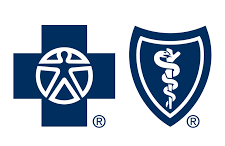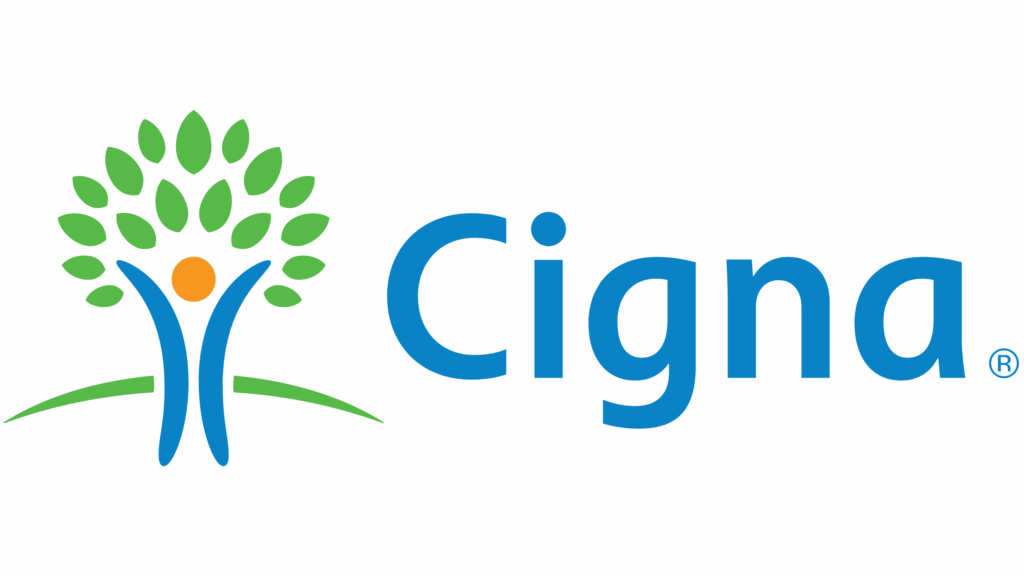Nausea, Vomiting and Diarrhea
- Skip The Waiting Room
- No Exposure To Other Sick Patients
- No Patient Travel Is Required

Nausea, Vomiting, and Diarrhea Causes & Treatment
Nausea, vomiting, and diarrhea can strike at any time, leaving you feeling miserable and drained. Understanding the common causes and knowing how to manage these symptoms can make a significant difference in your comfort and recovery. This guide provides valuable insights into the causes, treatments, and when to seek medical attention for gastrointestinal distress.
Common Causes of Nausea and Vomiting
Several factors can trigger nausea and vomiting. Some of the most common causes include:
- Viral Infections: Viruses like norovirus or rotavirus can lead to stomach flu, causing severe nausea and vomiting.
- Food Poisoning: Consuming contaminated food can result in immediate gastrointestinal symptoms, including nausea and vomiting.
- Motion Sickness: Travel by car, boat, or plane can cause motion sickness due to the brain receiving mixed signals from the inner ear and eyes.
- Stress: Emotional stress and anxiety can also trigger gastrointestinal distress, leading to symptoms like nausea and vomiting.
The Link Between Stress and Gastrointestinal Distress
Stress and anxiety are closely linked to gastrointestinal symptoms. When you’re stressed, your body releases hormones that can disrupt your digestive system, leading to nausea, vomiting, and diarrhea. Managing stress through techniques like deep breathing, meditation, and regular exercise can help alleviate these symptoms.
Dietary and Lifestyle Changes to Manage Symptoms
Making a few changes in your diet and lifestyle can help manage nausea, vomiting, and diarrhea:
- Stay Hydrated: Drink clear fluids like water, broth, or oral rehydration solutions to prevent dehydration.
- Eat Bland Foods: Consume easily digestible foods like bananas, rice, applesauce, and toast (the BRAT diet).
- Avoid Certain Foods: Steer clear of dairy products, caffeine, alcohol, and spicy or fatty foods until your symptoms improve.
- Rest: Give your body time to recover by getting plenty of rest and avoiding strenuous activities.
Medications for Nausea, Vomiting, and Diarrhea
There are various over-the-counter and prescription medications available to help manage these symptoms:
- Antiemetics: Medications like meclizine or ondansetron can help control nausea and vomiting.
- Antidiarrheals: Loperamide can be used to reduce diarrhea, but consult a healthcare professional before use, especially if you have a fever or severe abdominal pain.
- Rehydration Solutions: Oral rehydration solutions can help replenish lost fluids and electrolytes.
When to Seek Medical Attention
It’s crucial to recognize when your symptoms require professional medical attention. Seek medical help immediately if you experience any of the following along with nausea, vomiting, or diarrhea:
- Severe or intense abdominal pain
- Blood in vomit or stool
- Feeling dizzy or weak
- Fainting or feeling like you might faint
- Mental confusion
- Lack of urination for more than 8 hours
- Fever above 101.3°F
Important Medical Guidelines
Always keep these medical guidelines in mind:
- Consult a healthcare professional before starting any new medications or treatments.
- Seek medical attention if symptoms persist for more than 48 hours or if there is blood in vomit or stool.
- Dehydration is a serious concern with persistent vomiting and diarrhea, so stay hydrated with clear fluids or oral rehydration solutions.
- Avoid taking anti-nausea or anti-diarrheal medications without consulting a healthcare professional first, especially if you have a fever or severe abdominal pain.
- Diabetics and those with compromised immune systems should be especially cautious and consult a healthcare professional promptly.
Remember, while this guide provides valuable information, it’s always best to consult with a healthcare professional for personalized advice and treatment. Taking proactive steps can help you manage your symptoms effectively and ensure a quicker recovery.










